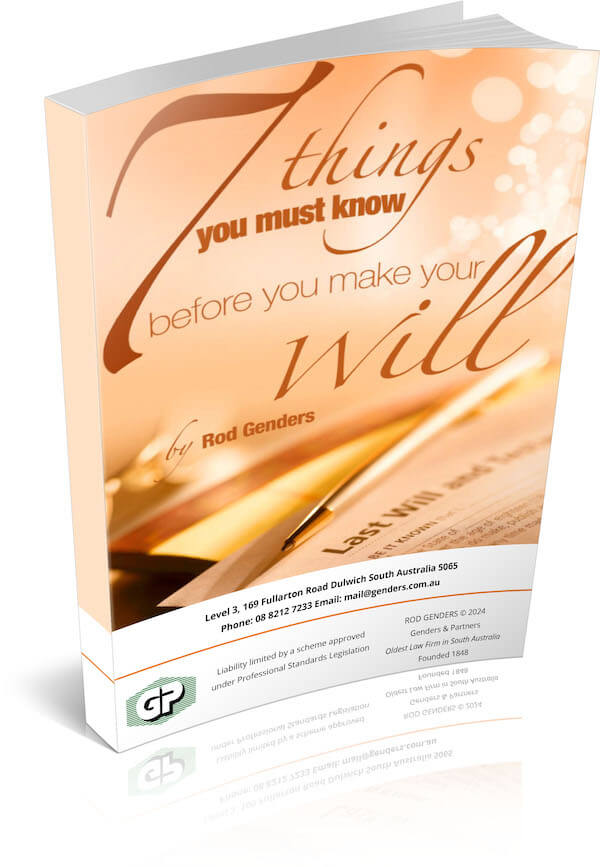Estate planning is one of many legal issues facing lesbian and gay couples. Increasing numbers of LGBT parents are raising children.
In the law, there are recognised categories of parenthood, including biological (genetic), gestational, surrogate, and social.
Children raised by same-sex parents may be the product of adoption, artificial insemination, surrogate birth, or biological parenthood, yet in most cases only one partner is recognised as the legal parent, with the other parent remaining a legal stranger to the child.
The phrase “nuclear family” has traditionally referred to a married heterosexual couple raising their own biological children. Nowadays, more children are living in non-traditional families than ever before. This can lead to tricky legal issues if the couple ends their relationship and the non–legally recognised parent tries to maintain contact with the child.
Children living in families with only one legally protected parental relationship face particular issues, including significant problems with:
• inheriting from the non-recognised parent, especially if there are problems with the Will (or no Will);
• receiving Centrelink benefits on that parent’s account;
• being recognised as a financial dependent of the non-recognised parent for purposes of superannuation, life insurance and traditional family trusts.
• being added to the health insurance benefits of that parent;
• gaining other insurance benefits from that parent’s employer;
• allowing the non-recognised parent to consent to emergency medical treatment;
• allowing the non-recognised parent to visit the child in the hospital.
Every child is entitled to the emotional security inherent in the legal recognition of their family relationships. Important estate planning questions for LGBT parents include provision for children when only one parent is legally recognised. Guardianship of minor or disabled children is an essential clause in the Will of any parent. LGBT parents generally name one another as the child’s guardian, and this is a good method for assisting the surviving partner to continue the parent-child relationship.
The guardian nomination of infant children in a Will provides important guidance for the court, but there is no guarantee that the court will accept that guidance. The testator may nominate a guardian of the person and a trustee for the estate. This may be the same person or different people. If the child is a minor, the trustee will administer the funds to control the trust fund until the child turns at least 18, when the trust ends at the age directed in the parent’s Will, and then the child receives their inheritance.
The laws regarding LGBT couples are undergoing rapid changes at present, and are largely State-based. This means that the laws vary from time to time and from place to place. LGBT couples with minor children need an estate plan to protect and provide for their children. The need for a specialist lawyer to assist with your estate planning has never been greater. Careful wording in your Will, and perhaps a Binding Financial Agreement, could save your loved ones untold grief, cost, and other difficulties after you’ve gone.
Rod Genders is a senior Australian lawyer specialising in trusts, Wills and estate planning in Adelaide, probate and deceased estate administration, and accident compensation. His boutique specialist law firm is one of the oldest and most respected in Australia. Rod is also a prolific author and speaker. Some of his articles and books on Wills, Probate, Trusts, Estate Planning, Asset Protection, and Retirement Planning may be found at www.genders.com.au.
SPECIAL REPORT “7 Things You Must Know Before You Make Your Will”
In this report you will Learn:

Why home-made Wills can be a LOT more expensive than you might think.
The secret weapons used by the rich & powerful to protect their assets, and transfer their wealth two or three generations ahead.
How Estate and Trustee Companies make BIG money from “free” Wills.
The Most Common Estate Planning Mistakes, how they can cost your family a fortune, and How to Avoid Them.
The Elements of a Sound Estate Plan – why a Will alone is not enough.
How to Make Sure Your Assets Stay in Your Family and are not lost to creditors, lawsuits or ex-spouses.
How to guard against challenges to your Estate after you’re gone.








